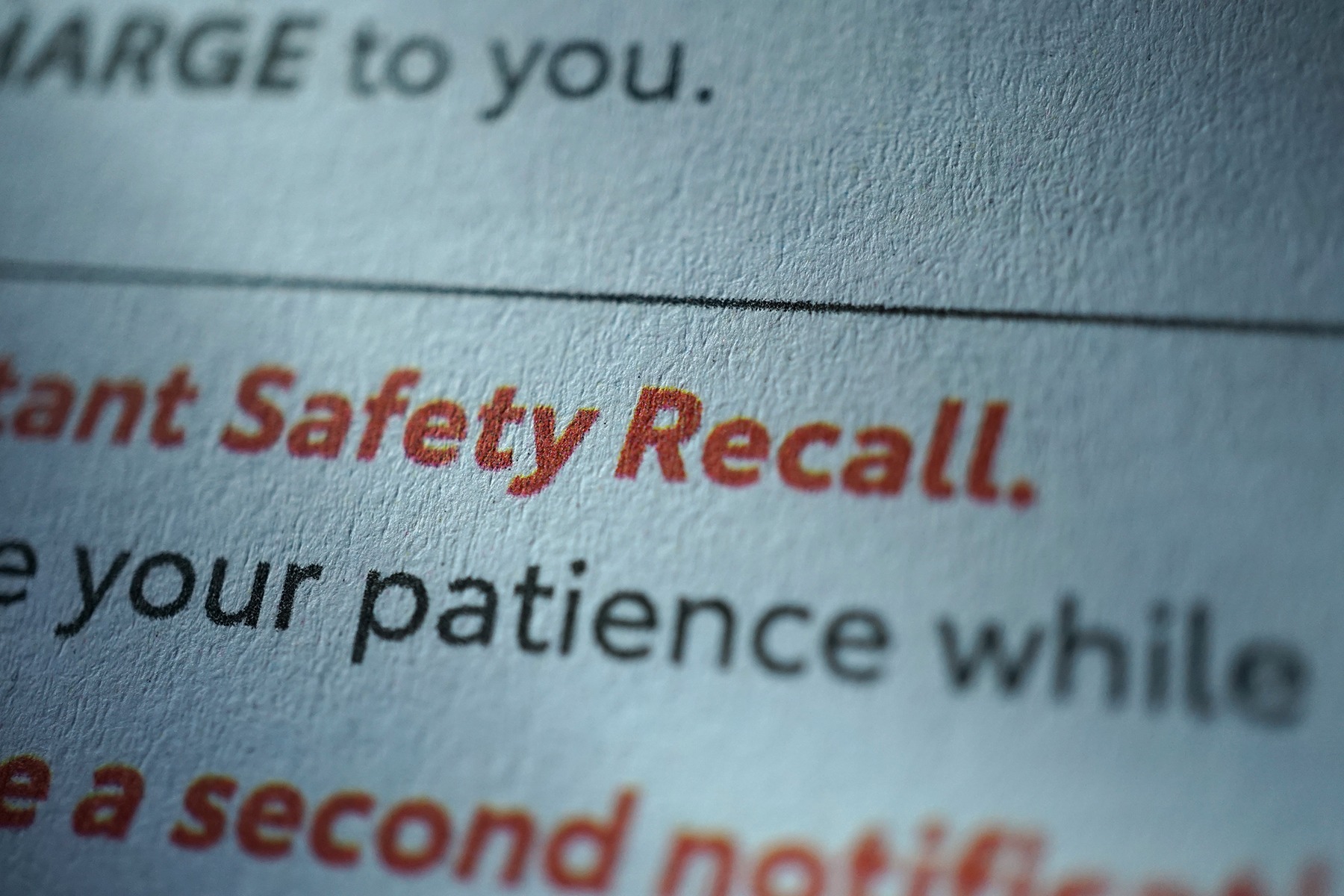With quality management, manufacturing organizations still often use pen and paper, spreadsheets, or barely updated homebrew software from 2005. These options don’t scale, and they don’t help you improve manufacturing quality. To unlock a true ROI of quality spending, you need QMS software built with enterprise features in mind.
Defining Enterprise QMS Software
At its simplest, enterprise quality management (EQMS) software serves a corporate organization—as opposed to its individual users. That means that the software:
- Scales to incorporate the data produced by the entire organization, not just a single department
- Solves a problem experienced by the entire organization, not just a single department
- Improves productivity and efficiency across the entire organization, not just a single department
Many people think QMS software is enterprise software by definition. However, according to the rubric above, it’s entirely possible to use a QMS that doesn’t serve enterprise software needs. Typically, quality management systems don’t incorporate data from the entire organization. Instead, they’re typically designed only to solve a quality manager’s problems, and they often improve productivity and efficiency for—no one.
If you’re using a QMS that is not enterprise software, then you aren’t generating any measurable ROI of quality. In all likelihood, you’re spending more budget dollars on maintaining your QMS than you are on improving quality itself. Something needs to change, so you must make a case for an improvement.
Benefits of Enterprise QMS Software
The best way to get buy-in for a new quality management system is to explain how enterprise-class QMS achieves the benefits above—how it scales, solves cross-departmental issues, and improves productivity and efficiency for the whole company. Fortunately, most enterprise software contains several features to support those benefits.
Business Reporting
Everyone can benefit from simple access to quality data. From your perspective, you want to demonstrate the ROI of quality so you can justify your budget, but even departments seemingly far removed from quality can enjoy improvements. Sales and marketing, for example, might want to brag about your products’ quality track record. With enterprise features, all they need to do is download a business report from the quality management system to boost leads and conversions.
Customer Service
When you can share data across departments, customer service has instant access to quality data and vice versa. Customer service can connect support tickets to known quality issues and provide exact instructions for resolution. Meanwhile, quality managers can use support tickets to help resolve issues in the next iteration of a product’s design.
Inventory Cost Management
If you receive a pallet of raw material that turns out to fail inspection, what happens next? Without an enterprise QMS, the answer could be, “it sits around and eats up storage costs for a while.” With enterprise quality management systems, however, facility managers can use quality data to help speed up returning bad inventory, saving on cost, and improving productivity.
Improved Invoicing and Collections
Similarly, if you find a supplier hasn’t delivered a good shipment, you’ll want to make sure you don’t get billed for it. By increasing coordination between quality and accounting, enterprise-quality software can help you save money.
Cloud Security
Information security can be a problem for the entire organization, but cloud-based enterprise software can simplify security. Your responsibility for security is reduced to ID and access management in the cloud, while the cloud provider takes care of everything else.
Supply Chain Management
Material shortages and price increases have been a constant theme since 2020. An enterprise quality management system helps you get around this by improving communication with your suppliers. Imagine if a supplier could securely access information on your material stockpile and then anticipate your reordering—would this help you get ahead of shortages?
How Enterprise Features are Tied to the Benefit of QMS Software
As you can see, enterprise-quality systems come with many features, and the strength of these features alone may convince your boss to make the upgrade. With that said, you’ll want to bring the point home by connecting these features to benefits that improve your entire organization.
First, there’s productivity to consider. When quality data is siloed inside a legacy application, it can take man-hours to extract it. Having quality data at your fingertips means decisions that could take months—like how to upgrade the next version of your product to improve customer satisfaction—are reduced to just days or hours.
Last, having an enterprise-class quality system allows you to demonstrate and share the ROI of quality. You can prove a commitment to quality helps lower costs by decreasing recalls and nonconformance incidents and that an investment in quality results in a net increase in revenue. Functionally speaking, enterprise quality management systems help companies cultivate a commitment to quality across every business unit—something every boss can get behind.
At ETQ, we’ve created an application that embodies the spirit of enterprise software in the form of Reliance NXG, our flagship QMS product. With Reliance, companies can securely share quality data throughout the organization, improve their supply chain management, increase compliance, and nurture their customer satisfaction—all that and more. For more information about Reliance NXG and how we can improve your quality ROI, schedule a demo today!
FAQ:
What is enterprise software?
Enterprise software benefits the entire organization, as opposed to a single department or user.
What is the value of enterprise systems to organizations?
Enterprise systems help businesses track progress towards their goals, increase the value of their customers’ service, reduce costs due to stored inventory, and ensure a continuous supply of raw materials and components.
What is the main function for enterprise application software?
Although enterprise application software has many features, the primary function is to store records and make them readily available throughout the organization.
What is the business value of ERP?
Enterprise resource planning (ERP) can help companies comply with industry regulations, track progress towards strategic goals, reduce inventory costs, and improve productivity.


